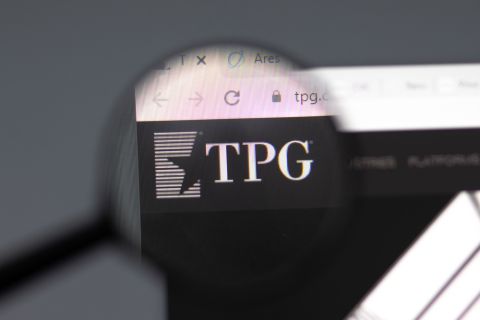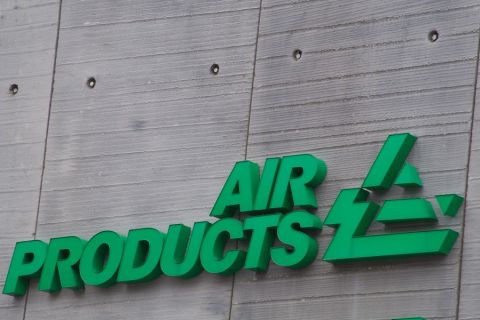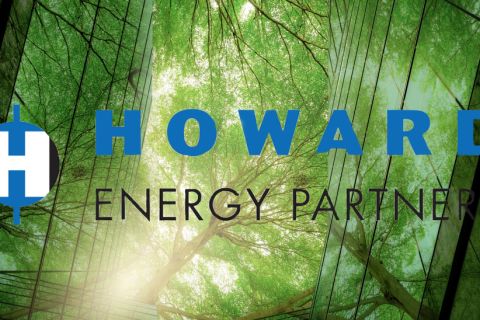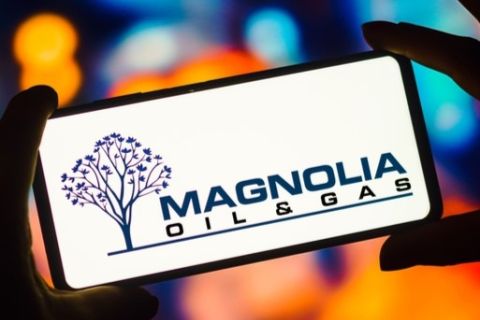The U.S. Federal Energy Regulatory Commission (FERC) on March 19 approved Venture Global LNG Inc.’s request to proceed with full site preparation at its proposed $4.5 billion Calcasieu Pass LNG export terminal in Louisiana:
Calcasieu Pass is designed to produce about 10 million tonnes per annum (MTPA) of LNG, or about 1.3 billion cubic feet per day (Bcf/d) of natural gas. One billion cubic feet is enough gas to fuel about 5 million U.S. homes for a day.
Calcasieu Pass is one of dozens of LNG export terminals that developers are seeking to build in the United States, Canada and Mexico over the next decade to meet growing global demand for the fuel.
The United States, which was a net importer of LNG before shipping its first cargo from the lower 48 states in February 2016, became the third-biggest exporter of the super-cooled fuel by capacity in 2018, behind Australia and Qatar.
Looking at only the plants currently under construction, U.S. LNG export capacity is expected to rise to 9.0 Bcf/d by the end of 2019 and 10.4 Bcf/d in 2020 from 5.2 Bcf/d now.
Venture Global, which is also developing the 20-MTPA Plaquemines LNG export facility in Louisiana, said it expects Calcasieu Pass to enter service in 2022 and the $8.5 billion Plaquemines in 2023.
Venture Global said it has secured 20-year off take agreements with units of UK-Dutch oil major Royal Dutch Shell PLC, UK oil major BP PLC, Italian energy company Edison SpA, Portuguese energy company Galp Energia SGPS SA, Spanish energy company Repsol SA and Polish oil and gas company Polskie Górnictwo Naftowe i Gazownictwo SA (PGNiG).
Venture Global, which has a goal of building a 60-MTPA LNG business, said its liquefaction systems will use technology from General Electric Co’s Baker Hughes unit.
Recommended Reading
TPG Adds Lebovitz as Head of Infrastructure for Climate Investing Platform
2024-02-07 - TPG Rise Climate was launched in 2021 to make investments across asset classes in climate solutions globally.
Air Products Sees $15B Hydrogen, Energy Transition Project Backlog
2024-02-07 - Pennsylvania-headquartered Air Products has eight hydrogen projects underway and is targeting an IRR of more than 10%.
NGL Growth Leads Enterprise Product Partners to Strong Fourth Quarter
2024-02-02 - Enterprise Product Partners executives are still waiting to receive final federal approval to go ahead with the company’s Sea Port Terminal Project.
Sherrill to Lead HEP’s Low Carbon Solutions Division
2024-02-06 - Richard Sherill will serve as president of Howard Energy Partners’ low carbon solutions division, while also serving on Talos Energy’s board.
Magnolia Appoints David Khani to Board
2024-02-08 - David Khani’s appointment to Magnolia Oil & Gas’ board as an independent director brings the board’s size to eight members.





